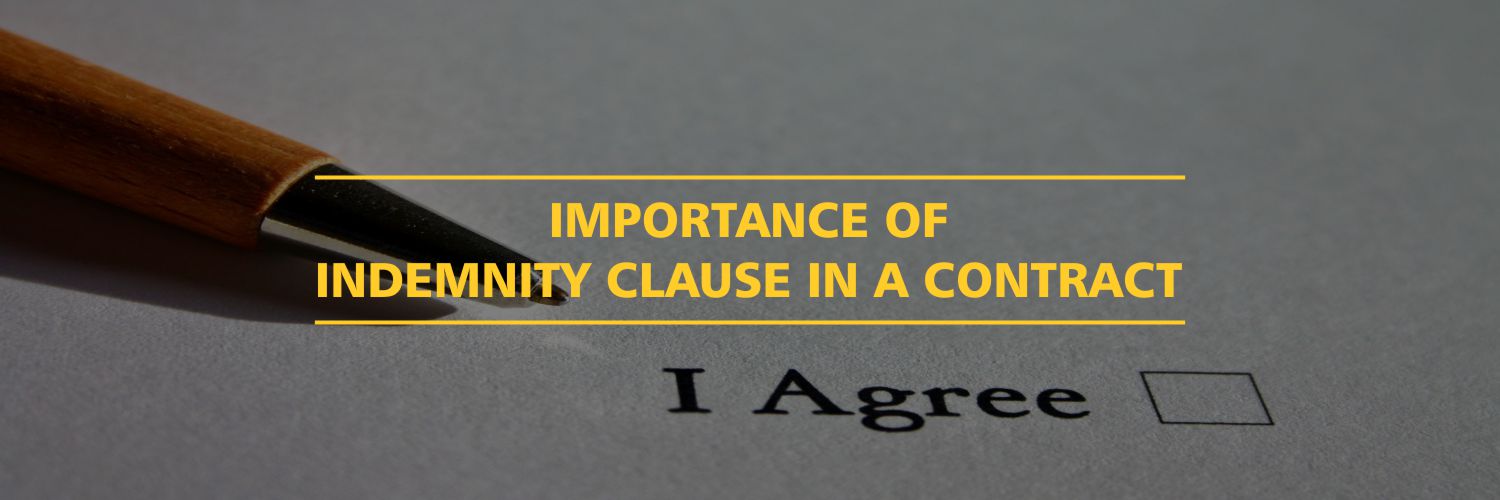Introduction
According to the Cambridge English Dictionary, indemnity is the “protection against possible damage or loss, especially a promise of payment, or the money paid if there is such damage or loss.”
An indemnity can be referred to as a promise by one party ensuring the other party, compensation for the loss suffered as a consequence of an event specified in the contract, called the ”trigger(ing) event”.
What is a ‘Triggering Event’?
It is a tangible or intangible barrier or occurrence that, once breached or met, causes another event to occur.[1] The triggering events are inserted into contracts to avert or make sure that after a given incidence, the terms of the original agreement are discarded or altered to suit the party that incorporated the triggering event in the contract.
The trigger event can be anything defined by the parties like a breach of contract, a party’s fault or negligence, a specific action, etc.
What is an indemnity clause?
An indemnity clause functions as a provision which shifts the risks between the parties and alters what they would or else is accountable for or entitled to under a usual damage claim.
Indemnity clauses are risky yet very practical contractual provisions that permit the parties to administer and supervise the risks attached to a contract, by forcing one party recompense for the loss experienced by the other. The scope and effect of an indemnity clause generally depend on the intent and aim of the parties and the way it is drafted.
Indemnity under the Indian Law
Section 124 of the Indian Contract Act,1872, lays down that the claim of indemnity arises when a person agrees or gives assurance to another person to save him from any kind of loss that has been caused to him by any action of the person who is promising or operation of any other person who may not be a party to the contract. Here it is very clear from the above definition that the provision of indemnification arises only when a prior promise is made to save a party from the loss. The question of reimbursement arises only when there was an anticipation of loss, and in that context, a promise was made to incur the loss.
What are the rights of an indemnity holder?
Section 125 of the Indian Contract Act lays down the provision regarding the rights of the indemnity-holder-
- The promisee in a contract of indemnity, acting within the scope of his authority, is entitled to recover from the promisor-
(1) all damages which he may be compelled to pay in any suit in respect of any matter to which the promise to indemnify applies
(2) all costs which he may be compelled to pay in any such suit if, in bringing or defending it, he did not contravene the orders of the promisor, and acted as it would have been prudent for him to act in the absence of any contract of indemnity, or if the promisor authorized him to bring or defend the suit;
(3) all sums which he may have paid under the terms of any compromise of any such suit, if the compromise was not contrary to the orders of the promisor, and was one which it would have been prudent for the promisee to make in the absence of any contract of indemnity, or if the promisor authorized him to compromise the suit.
References-
[1] Triggering Event – Investopedia. (n.d.). Retrieved from https://www.investopedia.com









